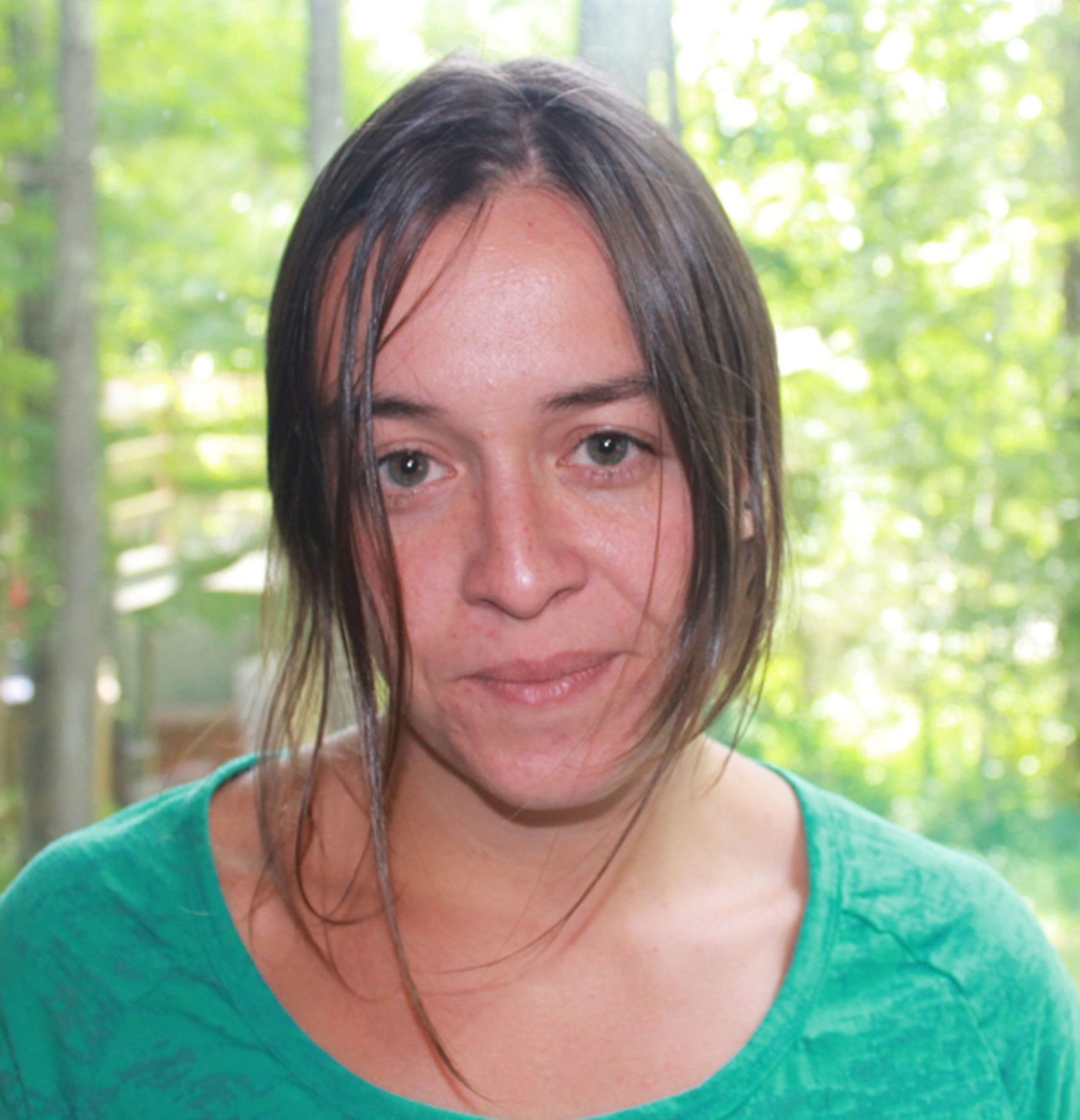Representing Censored Pasts: State Violence in Twentieth Century Turkish and Spanish Literature
As a EUME Fellow, she will work on a book manuscript based on her dissertation, focusing on comparison as methodology and placing the Turkey-Spain comparison within the World Literature framework. She is especially interested in expanding her work on literature during transitions from military regimes to democracy in the 1970s and 80s. Titled "Representing Censored Pasts: State Violence in Twentieth Century Turkish and Spanish Literature", her research focuses on representations of state violence in peninsular Spanish and Turkish novels from the second half of the twentieth century. She explores the literary and ethical implications of representing political violence fictionally and studies the effects of this content on the production of literature.
In Turkey and Spain, European identity has been alternately seen as the marker of a completed project of modernity and the foil to the national imaginary. As an indicator of modernization or the venue through which to signify difference, literature from Turkey and Spain reveals the neurotic relationship with Europe. State-violence in Turkey and Spain was an attempt to create and uphold a specific national identity, which was principally defined through the image of Europe and Europeanness.
As a EUME Fellow, she will add two chapters to her dissertation, a theoretical chapter, and a chapter analyzing literature during transitions to democracy. The theoretical addition will highlight Turkey and Spain as complicating understandings of "European" and "Middle Eastern" as clashing identities and cultural legacies. The chapter on literature in transition will focus on the literature following the 1980 military coup in Turkey and literature written during the Spanish transition to democracy.


